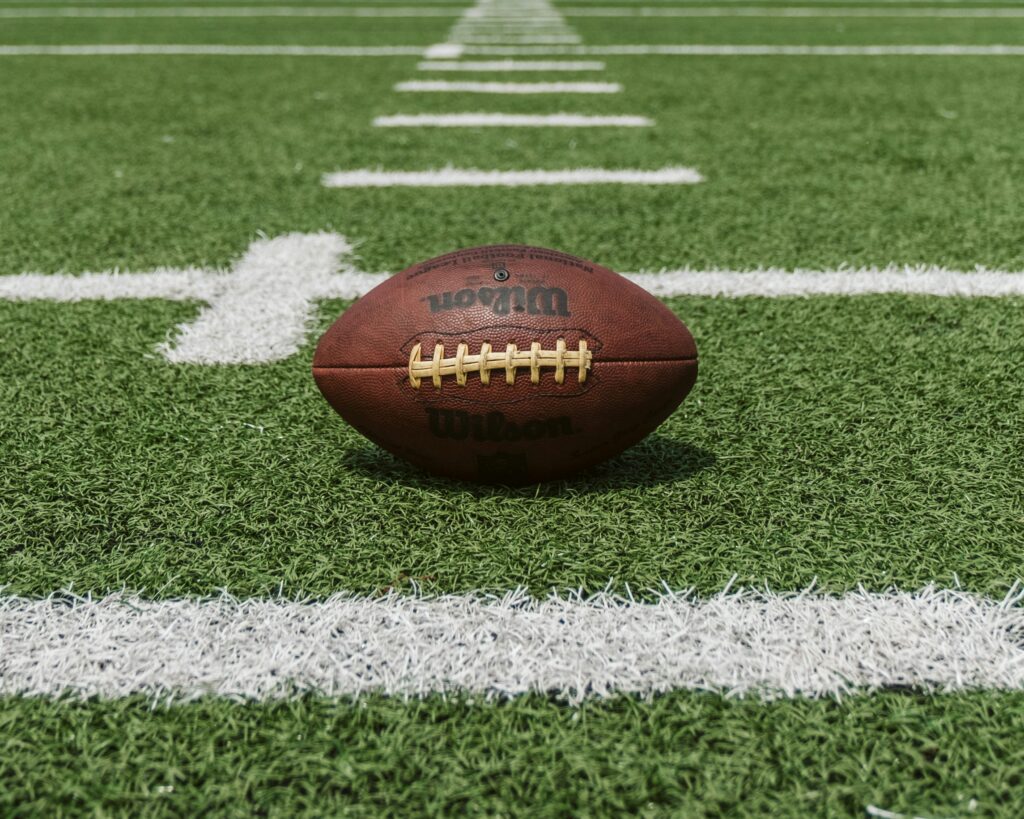In a class action lawsuit, the National Football League (NFL) product Sunday Ticket was scrutinized by both fans and the owners of bars and restaurants that televised the league’s football games. The plaintiffs argued that the NFL purposefully inflated the cost of the Sunday Ticket package to a whopping $300 per season. The price was exponentially higher than the $70 price point ESPN was willing to have fans pay. ESPN was also willing to throw in single-team options. Instead, the NFL entered a contract with DirecTV until it switched to YouTube TV in 2022. Fans accused the NFL of attempting to limit subscribers.
Typically, a case of this magnitude may not reach trial, however, the NFL was forced to present its argument in court. During Commissioner Goodell’s testimony, he admitted that Sunday Ticket was meant to sell as a premium service for consumers, who gained viewing rights to out-of-market games for all teams. If the product became too accessible to a larger fanbase, CBS and Fox may suffer. These broadcast networks provide television viewers with free access to more than 90 percent of the NFL games, with additional games shown on primetime on nationally publicized networks. This free broadcast market draws in more than $10 billion a year.
This income source serves as a large contributor to the NFL’s $20 billion enterprise. The jury in this case wavered in favor of the plaintiffs. Although the NFL is expected to appeal the verdict, as of now, the NFL is responsible to pay $96 million in compensation to the impacted bars and restaurants, and $4.6 billion to the 2.4 million private subscribers. Given that this case is focused on antitrust laws, the NFL may be required to pay triple the damages by law, resulting in an ultimate payout of about $14 billion. Despite the verdict, the NFL maintains that the accusations against the league are unfounded.


